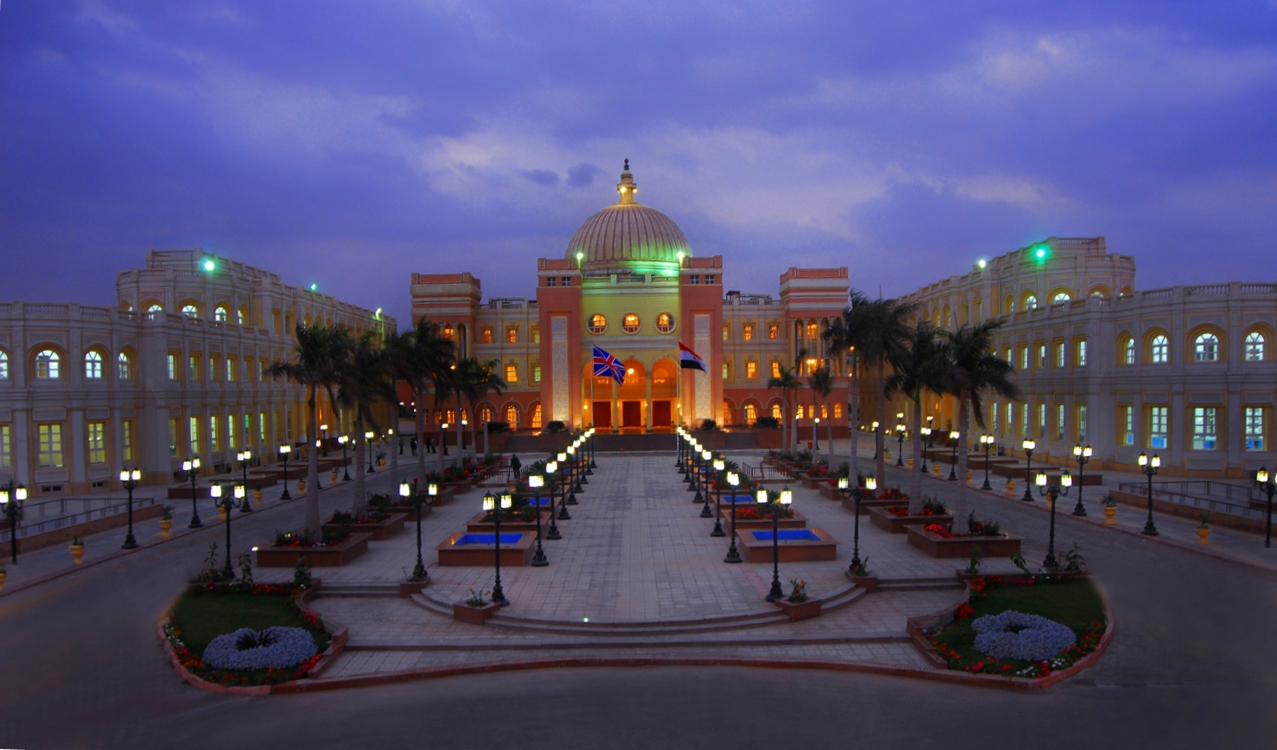CAIRO: The private sector and the International Finance Corporation (IFC), through the World Bank, believe that there is a wealth of opportunity to drive down litigation and arbitration costs in Egypt, for major industry players as well as SMEs.
A new project launched at a press conference Tuesday aims at doing exactly that, reducing the “costs of doing business by helping settle commercial disputes more quickly and easily, releasing trapped assets and furthering growth,” the IFC said in a statement.
In tandem with the Cairo Regional Center for International Commercial Arbitration, the IFC conference, entitled “Egypt as a Regional Platform for Alternative Dispute Resolution in the Arab World,” included participants ranging from government officials to lawyers, industry insiders and SME representatives.
Nabil Elaraby, director of the Cairo Regional Center for International Commercial Arbitration, affirmed, “Working with IFC to improve mediation services in Egypt will help address some of the obstacles businesses face and encourage more to join the formal sector.”
During the 13-month duration of the project, the IFC will attempt to build the mediation skills and capacity across all agencies and partners, and improve existing dispute mechanisms and arbitration centers.
Thomas Moullier, program director of the IFC, explained in an interview, “The IFC will strive to work closely with policymakers and government over the long-term by enabling legislation and help make a judicial system with a mediation mechanism.”
Moullier stressed that business associations are at “the forefront of this initiative” and desperately want to participate to ensure that it is successful.
He indicated that a serious focus of the project will be on SMEs, because they are suffering high costs, which are due to formal litigation and a lack of any serious alternative to the existing judicial system.
In spite of a seemingly dreary situation in Egypt, Moullier expressed optimism regarding arbitration, citing as an example the creation of specialized economic courts in 2007, which are mandated to serve as a mediation mechanism.
Although this was a step in the right direction, according to the IFC, it needs to be taken further by engaging with and linking a private mediation mechanism to the existing judicial system.
Moullier emphasized that there is a huge demand for the IFC’s program, as evidenced by the backlog of arbitration cases in Egypt, and as such, the IFC claims that this project represents a huge cost saving opportunity, according to its cost-benefit analyses.
“The average cost of formal litigation is in order of 25 percent of the claim and often it takes more than 1,000 days to reach settle a dispute,” he said.
“We are setting as an objective to be able to settle cases from 15-90 days at most and the cost would be in the order of 1-2 percent of claims, which is more in line with international benchmarks,” Moullier added.
As a benchmark of what could potentially be achieved in Egypt, the IFC points to its Alternative Dispute Resolution program currently functioning in Pakistan and Morocco.
In a press release, the IFC states that “commercial litigation has helped the private sector release $16 million and $35 million worth of assets” in both countries. It goes on to claim that thanks to the IFC program, the private sector has saved $6 million and $12 million, respectively.
Going a step further, Moullier elucidated that the IFC would like to use Egypt as a platform for the rest of the region by being a model for other countries in the Middle East. The objective would be to create a regional pool of certified mediators, and also promote the exchange of best practices.
Finally, he hopes that the platform “will provide visibility for dispute mechanisms, which will drive requests for such services, especially within the greater Middle East region.”


